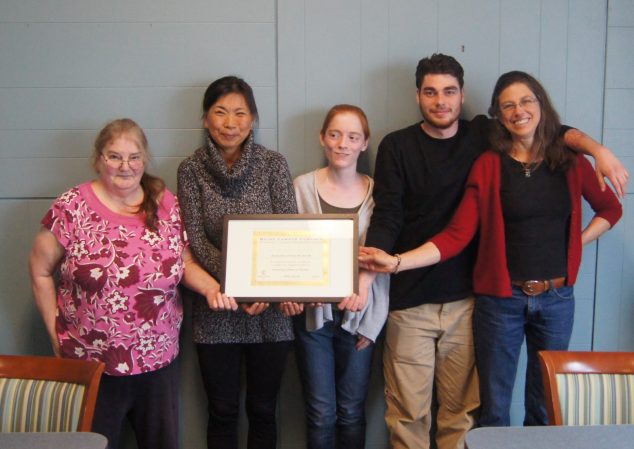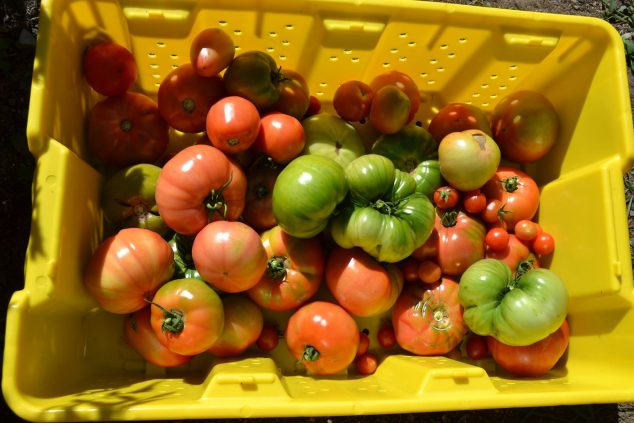Develop the understanding of humans and societies you'll need to make a personal, local or global impact.
From their first semester through their last, students in the psychology and community studies program are engaged with experiential learning in the classroom and in the community. They work with faculty, peers, community members and partner organizations on the issues that matter to them, whether that’s food insecurity, prejudice and discrimination, substance use, poverty, or effects of the environment and policy on community.
Every student has an internship in a field related to their interest in order to gain experience, network, and inform career decisions. Every student works in a small group to conduct research with a community partner who needs information. In their senior year, students develop, plan and accomplish a capstone project with a community partner of their choosing.
Students also have options in getting coursework that either certifies or prepares them for certification for immediate employment upon graduation in social services: Behavioral Health Professional, provisional or full Mental Health and Rehabilitation Technician, or Drug and Substance Use Counseling.
Learning Objectives
Students will:
- graduate with sufficient preparation to either continue education in graduate and professional studies or immediately enter into professional employment upon graduation.
- benefit from a broad foundation of rigorous theoretical and applied courses.
- be able to locate and evaluate sources of information.
- apply rigorous critical thinking in the formulation and evaluation of written arguments.
- appreciate there are different ways of knowing and shall be exposed to both qualitative and quantitative methods of analysis.
- communicate disciplinary ideas for academic and general audiences in oral, written, and visual presentation formats.
- understand human behavior at different levels of analysis including: societies, communities, families, or individual.
- have experience working in groups in classes and collaboratively in the community.
- use place-based and service learning to examine dynamic human relations to physical, social and cultural environments and appreciate the complexities of applying theory to real world situations.
- appreciate the roles that diversity and multiculturalism play in human relations, their own identity, and the fundamental way they view the world.
- be encouraged to self-critique for purposes of ongoing learning, personal and professional development, and ethical decision making.
Applied Psychology
The progam emphasizes applied psychology, which combines a traditional focus on the discipline of psychology with courses preparing students for professional and graduate education. The term “Applied” indicates the emphasis on Service Learning and Community Engagement, which presents students with opportunities to apply knowledge and theories to real world applications, often in collaboration with other students and community agency partners.
Degree earned
Bachelor of Arts in Psychology and Community Studies


More ways to study psychology and community studies at UMaine Machias
➜ As a concentration in a two-year liberal arts associate degree or through an early college pathway for high school students, completed on campus or 🌐 online.
➜ Through a mental health rehabilitation and technician/community (MHRT/C) certification or a post-baccalaureate certificate in teaching high school psychology.
➜ With a minor in psychology, or in counseling and substance use rehabilitation (includes the necessary credits to qualify for MHRT/C certification in Maine).
➜ Interested in combining foundational psych courses with a hands-on exploration of recreation, wilderness first response and crisis management? Check out the minor or certificate in wilderness therapy.
